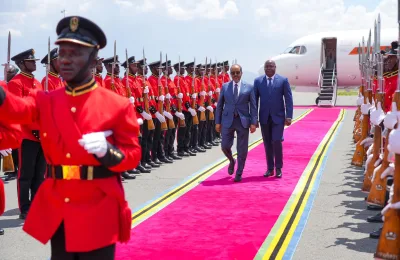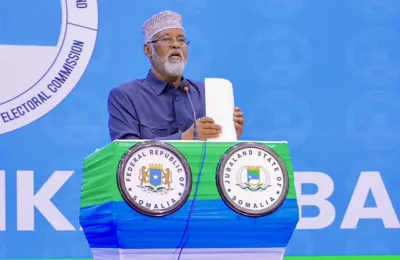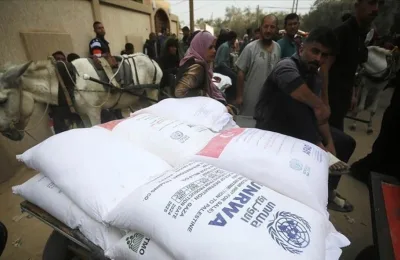NAIROBI (Thomson Reuters Foundation) – Rights groups are helping Somali refugees to appeal a high court…
 NAIROBI (Thomson Reuters Foundation) – Rights groups are helping Somali refugees to appeal a high court ruling that allowed Kenya to send 100,000 refugees living in urban areas to overcrowded camps, while 29 police officers involved in mass arrests in a Somali-domated neighbourhood may face prosecution for abuse.
NAIROBI (Thomson Reuters Foundation) – Rights groups are helping Somali refugees to appeal a high court ruling that allowed Kenya to send 100,000 refugees living in urban areas to overcrowded camps, while 29 police officers involved in mass arrests in a Somali-domated neighbourhood may face prosecution for abuse.
On June 30, the high court dismissed a petition brought by 10 Somali refugees challenging the government’s March 25 order that all urban refugees be taken to camps due to “emergency security challenges”.
Amnesty International is one of the advocacy groups providing legal assistance to the Somalis.
“The lawyers at the moment are preparing their grounds for appeal,” Amnesty researcher Gemma Davies told Thomson Reuters Foundation after the appeal was filed on Friday.
Kenyan police have arrested thousands of people without identity documents in the capital’s Somali-dominated suburb of Eastleigh following a blast in the area on March 31 that killed six people.
Somalis have faced an increasingly hostile environment in Kenya following a string of attacks on Kenyan soil by Somalia-based militant group al Shabaab – most infamously their deadly assault on Nairobi’s Westgate shopping mall last September. Kenya hosts around half a million Somali refugees following its neighbour’s collapse into civil war in 1991.
In the June 30 ruling, Justice David Majanja said the refugees had failed to show how the directive violated their rights. He also said that the interior cabinet secretary Joseph Ole Lenku had the power to order the refugees to live in camps.
The refugees argue that forcible encampment violates constitutional rights to dignity and freedom of movement. Many have established businesses in urban areas which earn them money to send their children to school.
POLICE EXTORTION
Rights groups reported widespread abuses during the roundup, including police extortion and children left behind while their parents were deported or sent to camps.
On Monday, the Independent Police Oversight Authority (IPOA) said it was investigating 29 police officers for prosecution for harassment, extortion and assault during the security operation in Eastleigh.
Their report found that the police had engaged in ethnic profiling and unlawful detentions and deportations.
“While this operation was intended for a good cause, its implementation was problematic,” the IPOA said.
“The command and control structure of the national police service has broken down,” IPOA’s chairman Macharia Njeru said. “This has to be rectified if we are to deal with issues of runaway security in this country.”
Police are required by law to act on IPOA’s recommendations.







